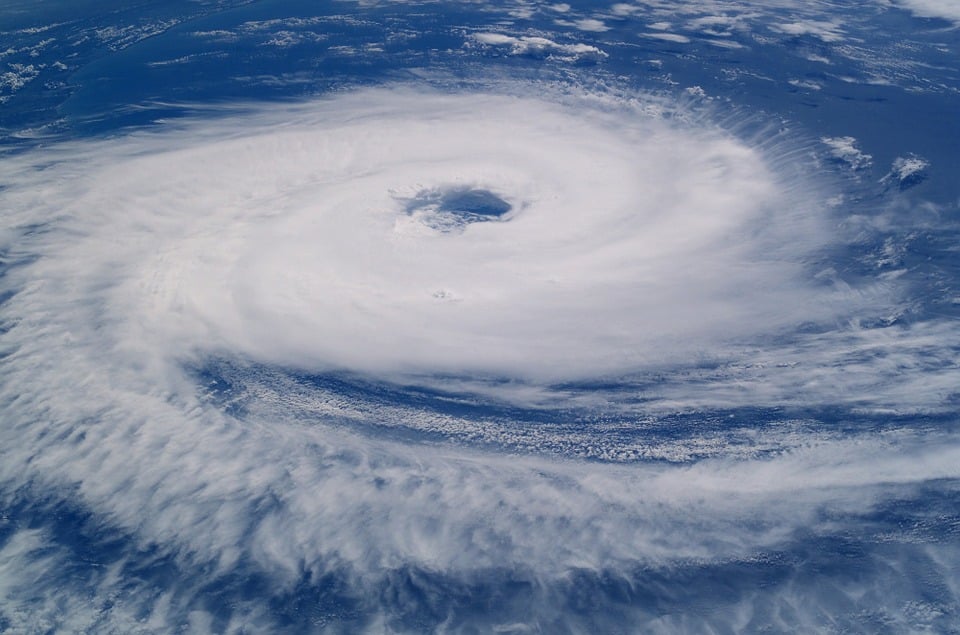At the end of last week, Haiti began three days of national mourning to honour the near 900 people who died as a result of Hurricane Matthew. Its effects within Haiti have been immense, with tens of thousands of homes obliterated and over 350 000 people in need of aid.
Mainstream media outlets took two varying approaches in covering the disaster. Unsurprisingly, the news within the US focused on the effects upon the citizens of the east coast of their own country, whilst appearing indifferent to the high number of Haitian fatalities.
On the other hand, UK Media outlets did recognise the devastation caused in Haiti, yet it fundamentally lacked nuance. They carelessly juxta-positioned Florida’s hasty and organised response to the disaster, involving millions of citizens being encouraged to evacuate their homes in cars full of essential supplies with the Haitian response, blaming its mass devastation on its poor infrastructure, ineffective government, and lack of a coherent plan if such a disaster should strike. It also drew attention to Haiti’s vulnerability to natural disasters due to over half of the population dwelling in shantytowns in a nation still recovering from the aftershocks of the 2010 earthquake and the subsequent cholera outbreak.
As illustrated above, Haiti is portrayed in a very negative light. It is often forgotten that Haiti was the first independent nation of Latin America after the first successful transatlantic slave revolt during the Haitian revolution of 1791-1804. It is this dismissal of history which leads to the wretched portrayal of the country by foreign news media.
It is not by lack of luck that Haiti is so poor. After becoming an independent, slave-free nation, Haiti was coerced into signing a treaty with France which involved paying 90 million Francs, 40 billion US dollars today with the consideration of inflation, as a form of reparations for the loss of “property” of slaves by the French plantation owners, having only finally paid off this unjust debt by 1947. Yes, unstable and corrupt governments, such as the Duvalier rule have played their part over the years. However, how much could the country have developed and progressed without this crippling debit?
International NGOs such as the Red Cross, Oxfam or UNICEF, though benevolent in their intentions, cannot continue the “rinse and repeat” cycle of shoe-horning aid into Haiti whenever a natural disaster strikes. This is mere short term solution which fails to address the historical legacy left behind by French colonialism. It is no use highlighting the lack of response in the poorest country in the western hemisphere without acknowledging the historical framework and role of France’s colonial legacy in doing so.
It is not enough for France to send 32 tonnes of humanitarian aid to appease its own moral conscience, while failing to attempt to reconcile its own damaging colonial legacy within Haiti. It is this historical background, which has lead to Haiti’s fragility and its consistent reliance on international aid. This is something several news outlets should bare in mind in their ignorant portrayal of Haiti.



